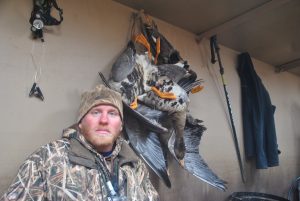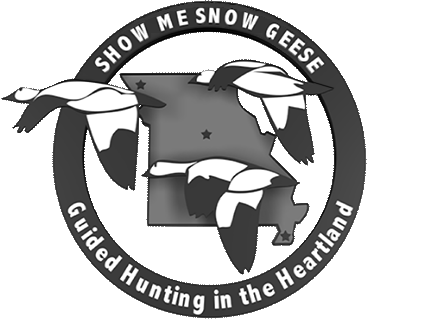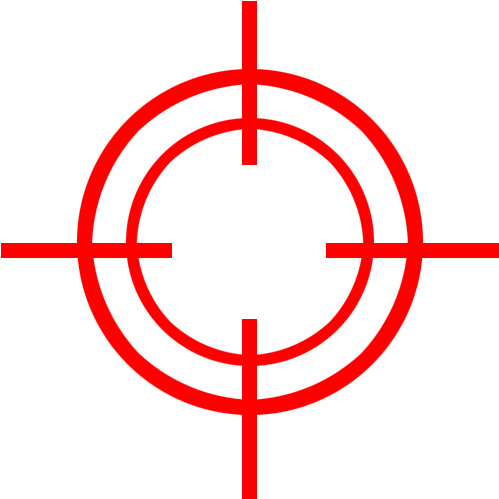 Many components contribute to a successful hunting trip. In some cases, an individual or group can plan and produce every aspect on their own; however, others will choose to work with a hunting guide.
Many components contribute to a successful hunting trip. In some cases, an individual or group can plan and produce every aspect on their own; however, others will choose to work with a hunting guide.
A hunting guide is responsible for helping you have a successful trip. This is so much more than just telling you when to shoot; instead, he or she will stay by your side and work as hard as they can to fill your limit and keep your group safe.
At the end of a guided hunting trip, there is the option to tip a guide. But when should you tip? And how much? If you want to know more about the protocol for this topic, consider the following advice for tipping your hunting guide.
Why Tip?
It is not imperative to tip your guide; however, depending on how well your experience went, it can be a great way to show your appreciation.
Most hunting guides spent countless hours prepping for your guided hunt and completing unseen tasks. These can include preparing the field, adding and moving decoys, scouting the area, re-brushing blinds and or pit, and checking and replacing faulty equipment.
A guide should most certainly be tipped if he’s helped you bag that trophy bird or helped the children get their first bird, and if you’ve learned a lot. That being said, even if the trip isn’t as successful as you’d hoped, a guide who has put forth their best effort for you should be recognized.
When to Tip
An excellent guide will never ask for a tip; instead, it’s up to you whether you give one or not. You’ll want to tip at the end of your trip after you’ve seen all that your guide has to offer.
How Much to Tip
Naturally, it is up to you exactly how much you want to tip your guide if you do so at all. There are some guidelines, though, if you need something to work from.
Whether you’re working with a smaller game like a duck hunting guide or a goose hunting guide, or something more substantial like a moose hunting guide, these general rates apply to them all.
As a guideline, the lowest a group should tip their guide is 10% of the total cost of the trip. If your guide went above and beyond, consider tipping anywhere between 12%-15% of the total cost of the trip. Did they do even more? Increase that number if it’s well-deserved.
When Not to Tip
Unfortunately, not all hunting trips go to plan. If your guide acts disinterested, leads you astray, or is incompetent, it’s not wrong to avoid giving a tip.
Keep in mind, though, that even if you come home empty-handed, a guide who visibly did their best with the circumstances should be compensated.
Things to Consider
By the end of the trip, you should have a general idea of what kind of tip to contribute. Remember that other individuals may deserve rewards as well, such as the cleaning staff and the outfitter.
If your guide is responsible for both guiding and outfitting, their responsibilities would have doubled. Knowing this, consider an additional tip if they performed well in both duties.

